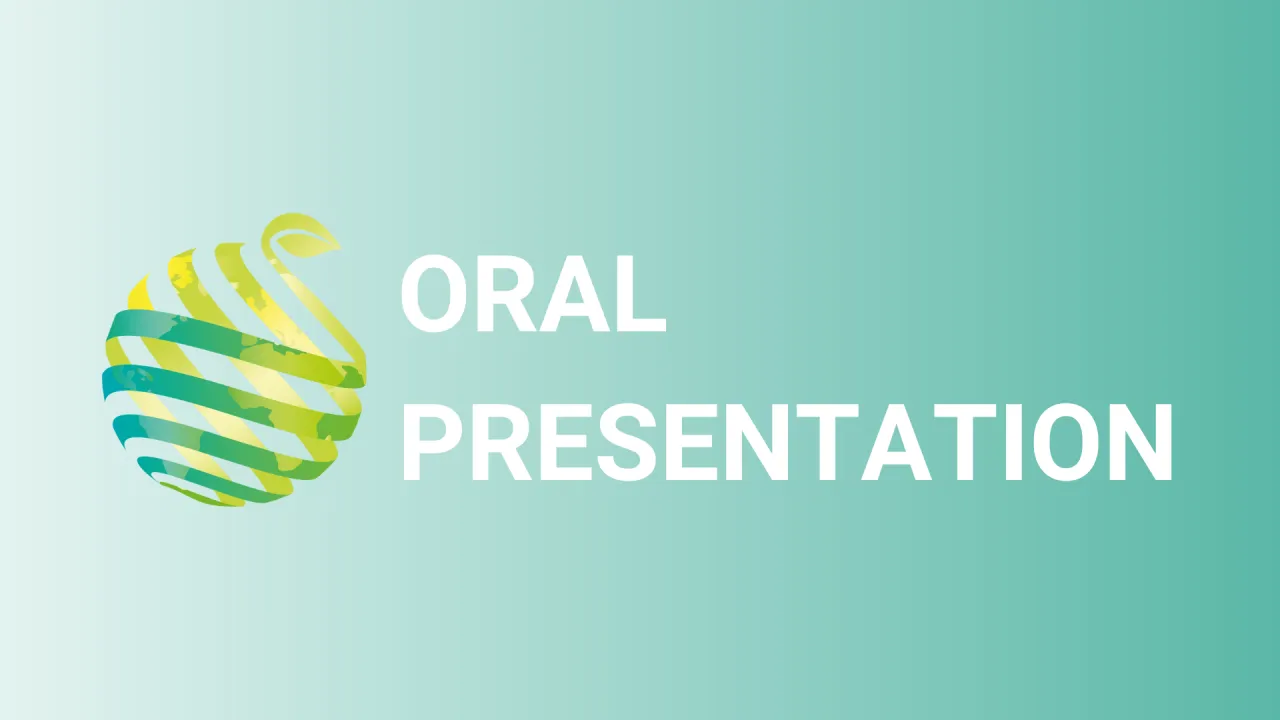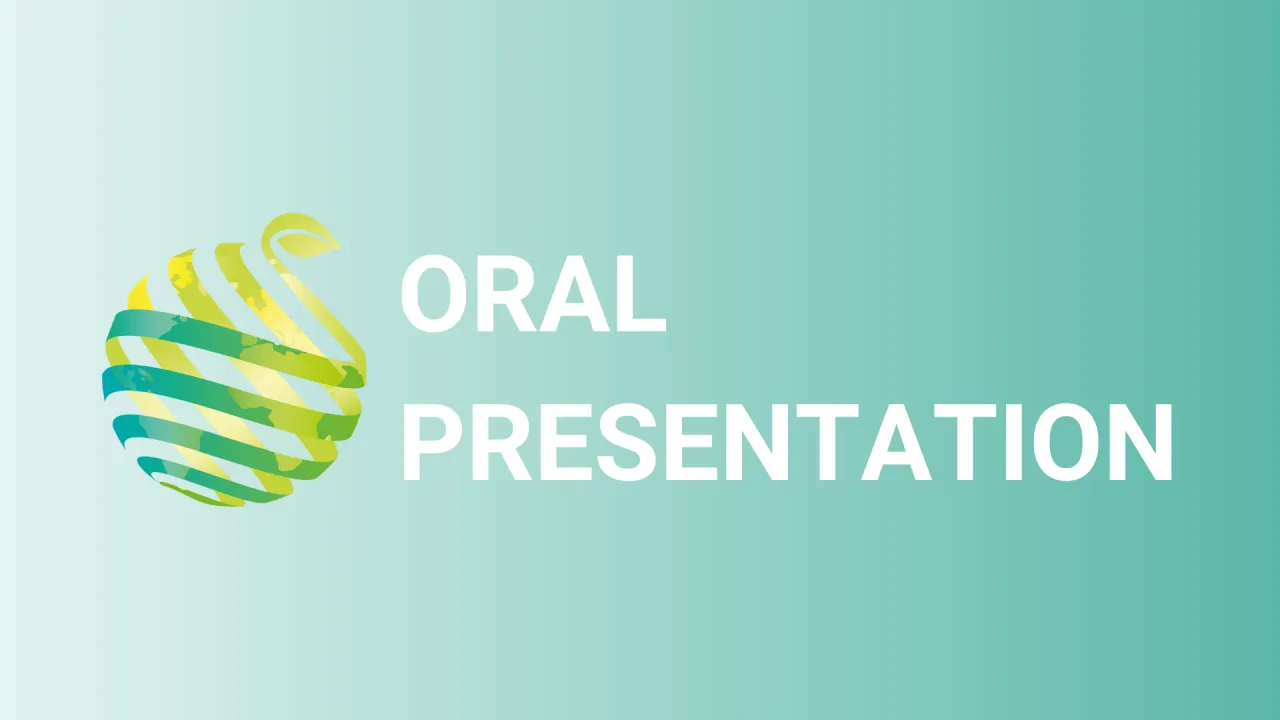

S23 - Session O6 - Phenylalanine: Improved fruit resistance against biotic and abiotic stress
Information
Authors: Manish Kumar Patel, Dalia Maurer, Oleg Feygenberg, Rinat Ovadia, Noa Sela, Michal Fanyuk, Michal Oren-Shamir, Noam Alkan *
Harvested fruits and vegetables are lost due to decay caused by fungal pathogens. The restrictions on fungicides that control those fungal pathogens, call for economical, safe, and eco-friendly alternatives to control postharvest decay. Fruit's natural resistance depends majorly on flavonoids and anthocyanins synthesized from the phenylpropanoid pathway, which is considered a health product that has anti-oxidant and anti-fungal activity.We hypothesized that exogenous application of phenylalanine (Phe) will enhance the fruit's natural tolerance to fungal pathogens and chilling. Indeed, postharvest application of Phe to various fruits, including mango, avocado, citrus, and more reduced fruit decay caused by Colletotrichum , Lasiodiplodia, Botrytis, and Penicillium .Postharvest application of Phe to mango fruit also reduced chilling injuries during suboptimal cold storage at 7 °C and 10 °C. The mode of action of Phe-induced resistance was studied in mango fruit in response to either Colletotrichum infection or storage at suboptimal temperatures using transcriptomic and metabolomics analysis. Phe treatment was found to increase total phenolic and flavonoid content, antioxidant activity, and reduce lipid peroxidation of mango fruits in response to both Colletotrichum inoculation and chilling. Phe treatment leads to the upregulation of genes involved in different pathways, including plant-pathogen interaction, and phenylpropanoid pathway, which increases the flavonoid content including quercetin and kaempferol glycosides. Extraction of those flavonoids from the Phe treated peel had strong antifungal activity against four pathogenic fungi. In summary, our results show that treatment with Phe could reduce fruit decay caused by a postharvest fungal pathogen and enhance the chilling tolerance of mango fruit through metabolite biosynthesis and induction of defense-related pathways, maintaining high levels of flavonoids, antioxidants, and reducing lipid peroxidation. This novel application of a simple and cost-effective amino acid, phenylalanine, enhances the fruit's tolerance to biotic and abiotic stresses, which increases fruit quality and health properties and could reduce losses.